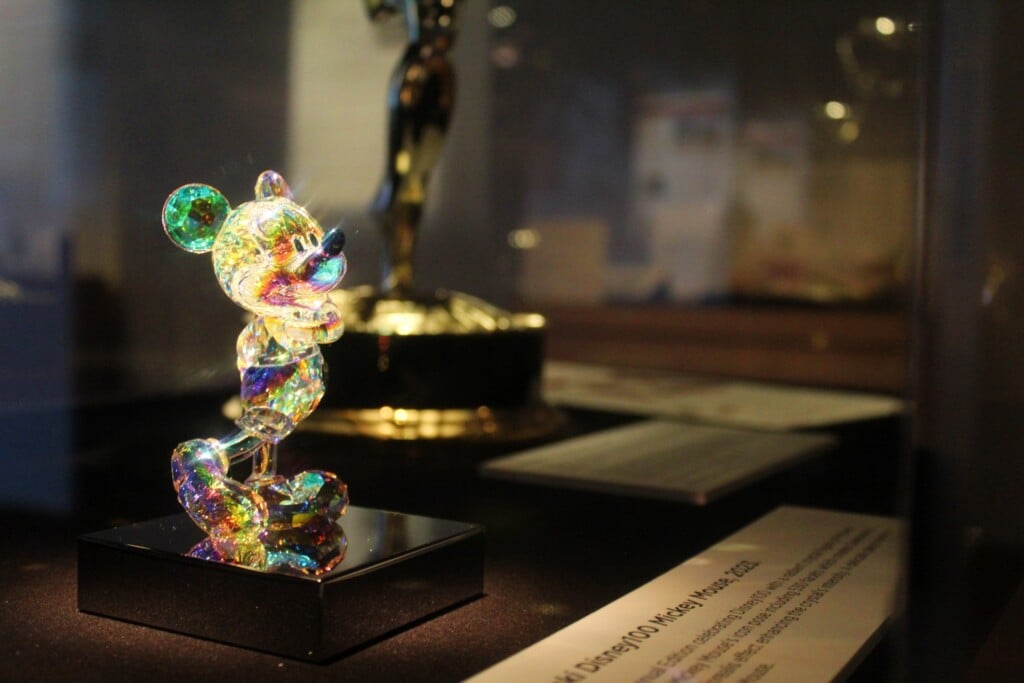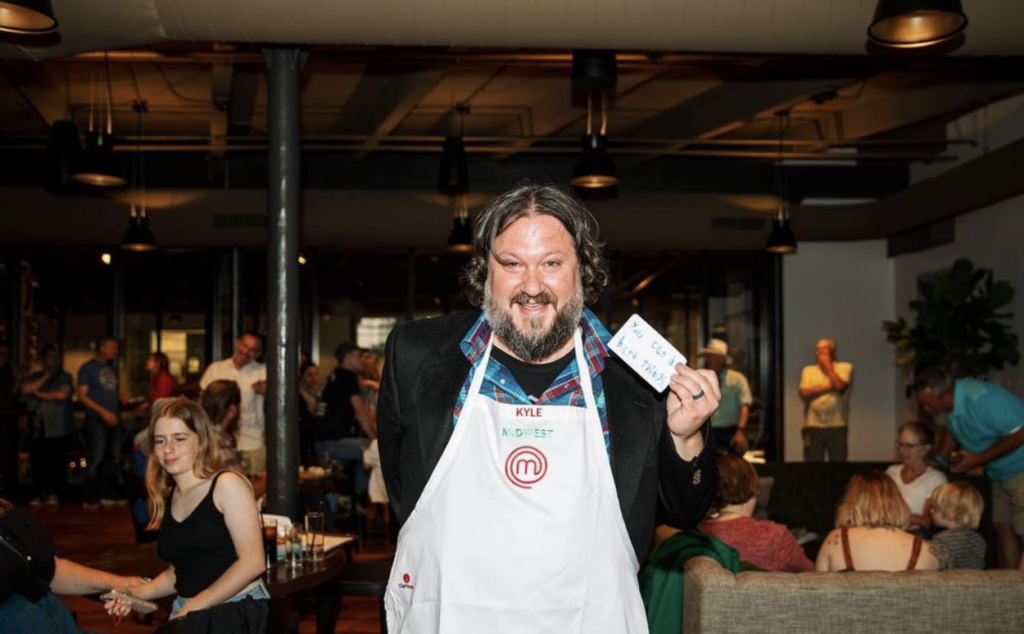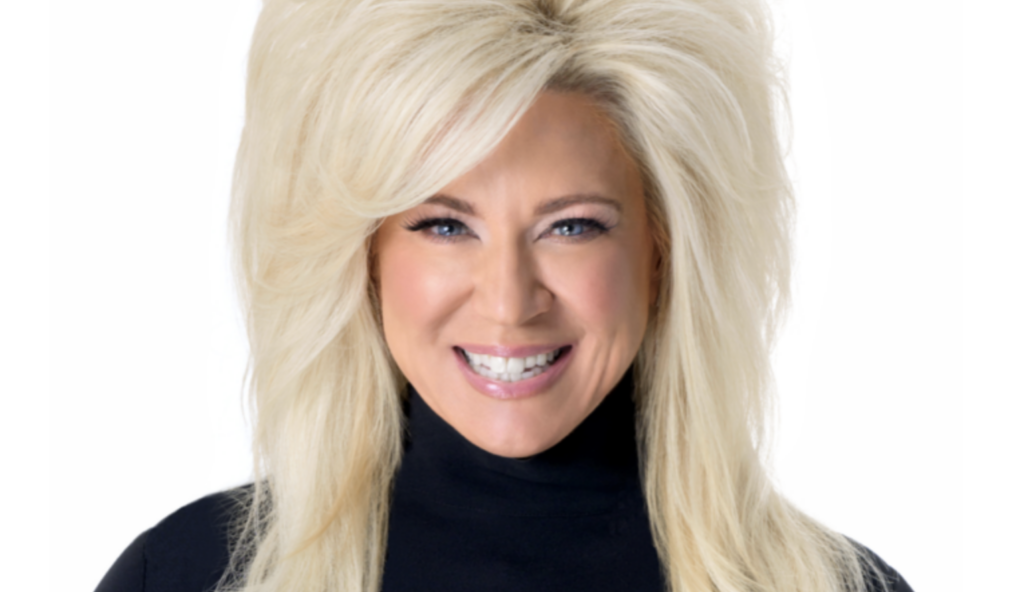A Killer Meal
With the offstage murder of an obnoxious comic and a luscious peanut butter cream pie to convert the most determined dieter, Mystery.Comedy’s And Then There Were Two is a guilty pleasure. The Kansas City-based interactive dinner playhouse has branches in Chicago, Nashville, Tennessee, and Raleigh, North Carolina, but its local company is the one with a full season and a safe haven at the River Market’s Delaware Café. And the current show offers at least one performer who should be seen by other theaters’ casting directors.
In this genre, actors serve a three-course meal while, between courses, piecing together a loosely constructed puzzle to solve a murder. With only three actors, And Then There Were Two depends on the hostage-taking tactic of enlisting audience members to fill out the cast; in this case, diners become the eight contestants in a Wheel of Fortune-like game show. Handed a script and part of a costume, shy sorts may have no recourse but to begin racking up hours toward that Equity card.
Eddie, the quickly dispatched comic, is played by Jonathan Peery, who does double duty as the game show’s host, Twink Twinkerton, a smug SOB who should also be watching his back. His coworkers are Stan (Chris Holbrook), the show’s announcer, whose oversized tuxedo gives him the demeanor of a sixth-grader at a posh wedding, and Vonna Von Vonnavan (Marcie Ramirez), an obvious Vanna White parody — except that Vonna gets to talk a lot more (and in a creamy Memphis twang) here than White does in a whole month of shows.
Writer Brooks Marshall and director Leah Licausi give patrons enough stealth entertainment to keep their attention. The actual game show takes up only a brief scene between the salad and the entree (in my case, blackened salmon), satirizing shows that seem awfully easy for a long time and then grow inexplicably difficult. The first pair of contestants have only to complete the puzzle “_K _,” using the clue “Things that are blue that you see outside.” The last contestants (the game-show staff must have a grudge against them) get the mere hint “Thing” and one or two letters for an answer that ends up being “Internal Combustion Engine.”
Throughout the meal, the audience is asked to identify the killer by referring to clues inserted in the program. They’re all red herrings, though, until the final request: Write down a suspect, a motive and a weapon. While the tabs are settled, one of the actors pores over the pile of suggestions and seems to choose the most logical or witty one. One recent Friday-night performance saw Vonna fingered as the killer, her weapon a certain kind of toxic perfume to which she’s obviously immune.
And she’s obviously talented. Wearing aqua- and strawberry-colored evening gowns, Ramirez plays Vonna as a girl from the wrong side of the tracks who may have employed a casting couch in her climb to this position. She’s a tarnished southern belle with a temper who can pour on the charm just as effortlessly as she spits bullets. I don’t know Ramirez’s acting credits, but I could see her as the lead in Proof.
Woe Is Me: If anything is worth repeating, it’s the Coterie’s Alexander and the Horrible, Terrible, No Good, Very Bad Day — and that’s exactly what the theater is doing. Last year, Judith Viorst’s lyrical adaptation of her book was an almost immediate sellout for the Coterie, and the show earned Best Musical honors in the Pitch‘s annual Best Of issue. But for a couple of cast changes, the show is a note-for-note recreation of that earlier success, thus just as endearing.
Michael Andrew Smith repeats his performance as the title character, a lad searching for some kind of psychic umbrella to ward off an onslaught of indignities and snubs. His brothers shun him, his mother shoos him aside and his teacher doesn’t appreciate his unique talents. (That he might not have any doesn’t cross Viorst’s mind, but the message is really that everyone has something.) Just as the day is ending, Alexander grows woeful over what has occurred, and finally his mother (a sharply satirical Missy Koonce) steps up and reminds him that the great thing about tomorrows is that they offer fresh starts.
Koonce codirected with Jeff Church; they get colorful design work from set designer Charlie Corcoran, costumer Jennifer Myers Ecton, lighting designer Art Kent and sound designer Donna Miller, who weaves scenes together with familiar TV themes. Jon Cupit’s prop design — especially his cereal boxes and shoe-store racks — are just as witty the second time around. Joining Smith’s Alexander in his revelry are Milton Abel, Damron Russel Armstrong, Dean Kelley, Amy L. Morgan and Justin Shaw.




